Policing the conversation about racism
Since the Pelham Examiner’s public launch, the police blotters have been among our most popular articles. Whether it is the undeniable humor in some of the ridiculous calls reported or a genuine interest in Pelham crime, people seem to thoroughly enjoy reading the reports.
Unfortunately, these blotters have led to controversy. In the Village of Pelham police blotter for June 17-23, a Pelham resident reported that, “a black male teenager appeared to be sitting on the curb for an extended period of time, concerning them.” The young man sitting on the curb had left when an officer arrived.
On Facebook, this call prompted angry and aghast Pelhamites to post, questioning the legality of the situation and calling for an investigation of some kind. One user commented, “Awful.” Another remarked, “Would really like to hear what the ‘concern’ was.”
Several other blotters include reports involving race. One blotter from Monday, June 25, stated, “an African-American male was pacing back and forth outside of the door.” Again, the police found nothing at the scene.
These calls seem to have multiple characteristics in common. First of all, the caller specifically describes a black male. Moreover, the males described appear to be doing nothing wrong.
It is hard to ignore the fact that no calls about loitering people of other races mention skin color at all in the first six blotters the Examiner published. Naturally, we cannot assume all calls that happen to involve a black person mentioned race. However, when race has been mentioned, it has exclusively been of black men in those six blotters. (The latest Pelham Manor blotter, published Saturday after the Facebook discussion, references “a white male in a light blue dress shirt, blue tie and carrying a large empty target shopping bag” loitering around CVS.)
This kind of trend can be concerning. As a citizen of Pelham, what is one to think? Should we assume the police are racist? Should we assume the callers are racist?
The police are not at fault in these cases. It is the right of the police to investigate a public street. Similar police stops have been stamped as potential violations of the Fourth Amendment, but these situations do not qualify, as there was no actual police intrusion.
“It is not illegal for police to investigate a claim of loitering, even if it is racially motivated,” said Jamal Greene, the Dwight Professor of Law at Columbia Law School. “It would only become a Fourth Amendment issue if the police actually conducted a search or seizure.”
That leaves the caller. The official record of calls to the police station quotes the callers themselves. Simply put, the callers chose to reveal the teenager’s race for an unknown reason. It is easy to point fingers and label them racists.
However, we must find a better way of addressing race.
Race is an issue in Pelham that is not often confronted. The U.S. Census Bureau estimates that as of July 1, 2017, Pelham was 66 percent white and only 12 percent black or African American. In other words, Pelham is not exceptionally diverse—not by any stretch.
Our neighboring towns, on the other hand, are different. Also according to the Census Bureau, Mount Vernon is 65 percent black or African American and 24 percent white. Similarly, Yonkers and New Rochelle both hold significantly higher percentages of black or African American and Hispanic or Latino people than Pelham.
Therefore, race is a topic we cannot ignore. We, as a town, must find a better way of addressing it.
Facebook has yielded the greatest response to this incident—and has been the main discussion platform for many articles from the Pelham Examiner thus far. Although we at the Examiner appreciate any dialogue about our reporting, this situation merits something more. Closed Facebook groups can be exclusionary. Often members are in agreement about an issue, and no productive conversation occurs.
Pointing fingers is unproductive as well. Instead of worrying about how to make a change or manage a problem, people blame individuals for an issue.
Instead, we need a more inclusive way of communicating. As cliché as it sounds, open conversation is crucial if we want to deal with the problem of racism in Pelham. We need to become a town that does not shy away from an uncomfortable truth.
In the meantime, the Examiner will continue to publish the police blotters so that our readers can learn about the important things, like geese crossing the street and stopping traffic.
Ben Glickman is a freshman at Brown University. He started his journalism career writing for the school newspaper, the Pel Mel, as a columnist and editorial...



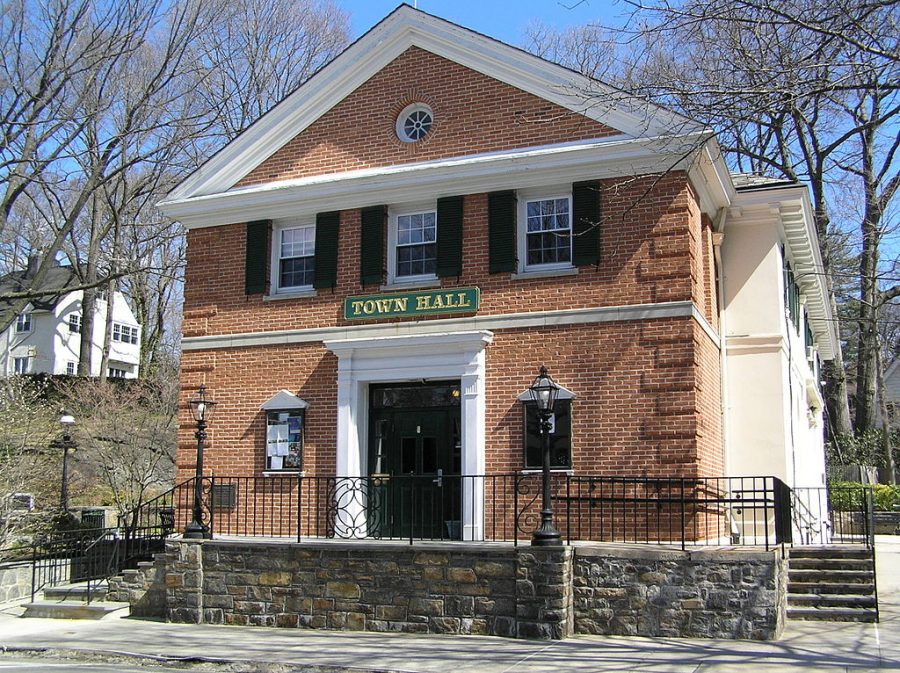


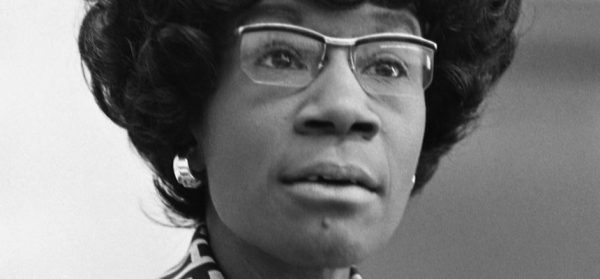


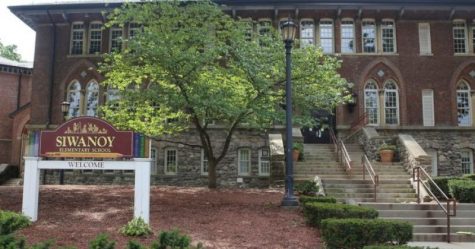
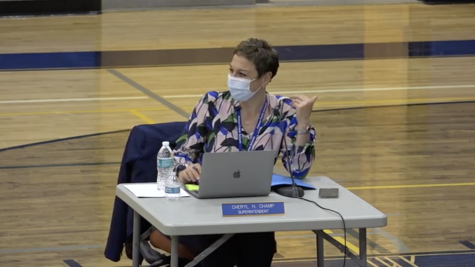
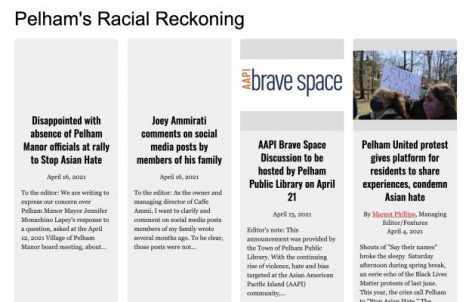
Liza Schaeffer • Jul 20, 2018 at 11:20 am
As a newcomer to Pelham, I am encouraged to see how deftly this article deals with a very sensitive and difficult topic, and the responses it elicited here and on fb. It’s really hard to put politics aside these days, but this writer was able to do so and trigger self-reflection, even cordial dialogue. The icing on the cake is that this piece was written by a rising senior at PMHS. I’m in awe!! So impressed by The Pelham Examiner!
Richard Giannetto • Jul 18, 2018 at 9:33 pm
Report it as it is . Any characteristic that can assist the Police is what is required to question a person that they received a call on is an extremely important fact. If the person isnt doing anything wrong and is a decent citizen they will understand the callers concern and the police response
Tom Imperato • Jul 16, 2018 at 8:26 pm
First of all, Ben, great piece. You young reporters and writers are learning how folks react to your pieces, both positively and negatively; were’s your piece on Ms. Biaggi? Were’s your piece on Sen. Klein? Why did you write about one and not the other? Wait, what, you did write about both?
Your article leaves questions unanswered, which is as it should be; it’s time for the conversation on race to be had.
Mr. Shekane’s comments add to the article and begin the conversation that will hopefully elicit thoughtful responses.
Keep up the good work.
Steven Shekane • Jul 16, 2018 at 12:40 pm
I just want to offer a viewpoint on the race issue addressed in this article. When someone makes a call to the local police about someone loitering, looking suspicious, etc., the police will almost always ask “What does the person look like?” At that point, it is almost human nature for the caller to describe the race of the person in question.
While there have been way too many incidents nationally of minorities having the police called on them simply because of their race, it would be unfair to characterize all of these calls on the local police blotters as racially motivated. None of us can truly know the motivations of the callers, but when you’re the caller and the police ask you a question and you’re trying to get them to respond as quickly as possible, the easiest answer may not always be the most politically correct answer.
I write this as someone who had one of our neighbors here in Pelham call the authorities on me in a racially biased incident that had no basis in fact, so I know firsthand how it feels to have race or national origin used against you.